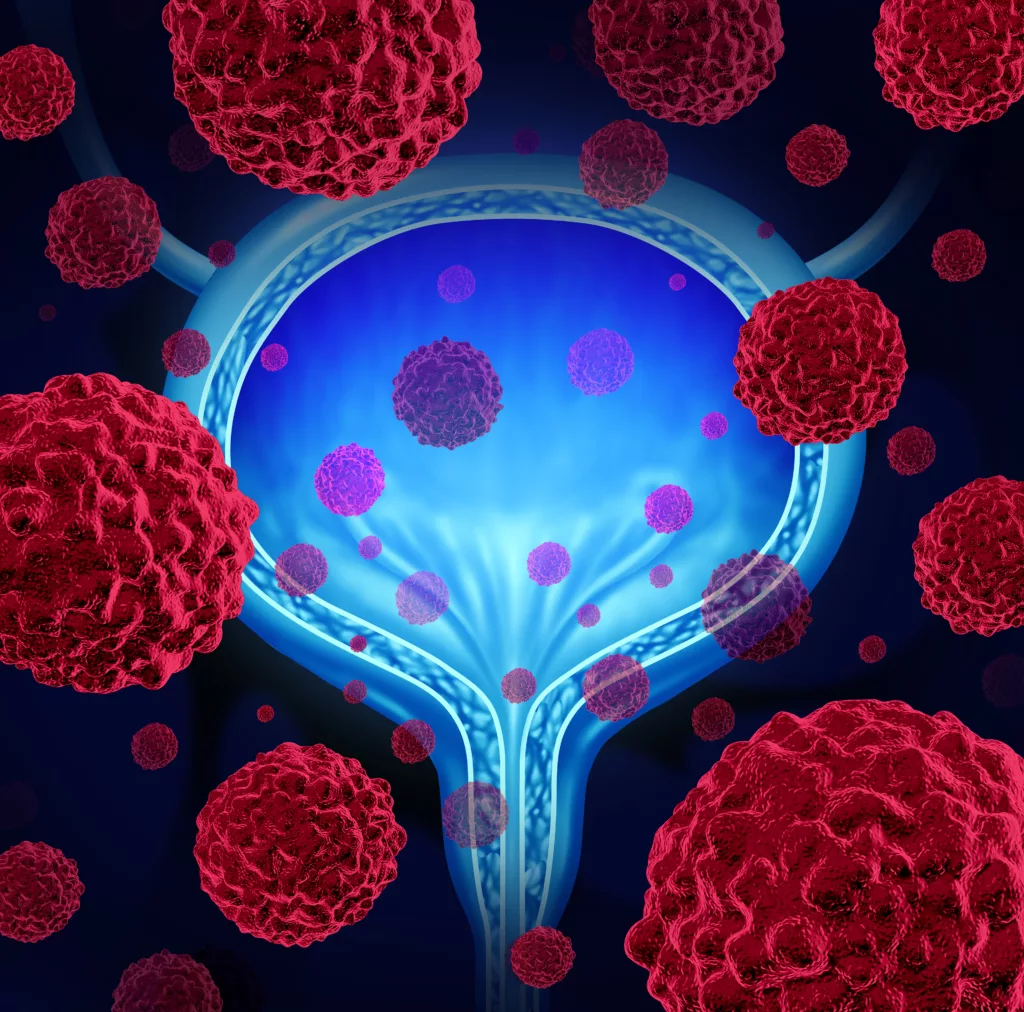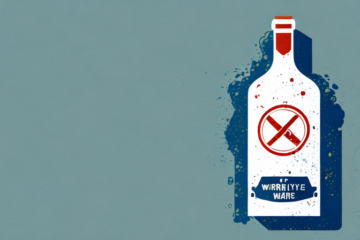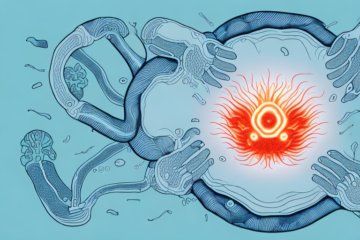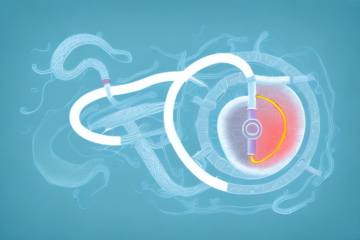Bladder cancer is a type of cancer that affects the bladder, which is a hollow organ that stores urine. While it can be a serious condition, it is also treatable, and it’s important to understand the basics of bladder cancer, as well as its symptoms, causes, and treatment options. In this article, we will delve into everything you need to know about bladder cancer, including how to prevent it, diagnose it, and cope with it if you or someone you know has been diagnosed.

Understanding the Basics of Bladder Cancer
Bladder cancer occurs when cells in the bladder start to grow abnormally and uncontrollably, eventually forming a mass or tumor. These tumors can be benign or malignant, and the latter can be life-threatening if it spreads to other organs in the body. Bladder cancer is the sixth most common cancer in the United States, with about 80,000 new cases diagnosed each year, most frequently in people over the age of 55.

There are several risk factors associated with bladder cancer, including smoking, exposure to certain chemicals, chronic bladder infections, and a family history of the disease. Symptoms of bladder cancer may include blood in the urine, frequent urination, pain during urination, and lower back pain. If you experience any of these symptoms, it is important to see a doctor for evaluation and diagnosis. Treatment options for bladder cancer may include surgery, chemotherapy, radiation therapy, or a combination of these approaches, depending on the stage and severity of the cancer.



















